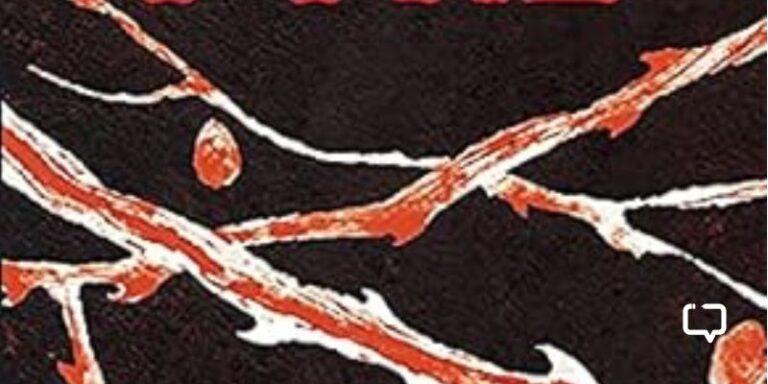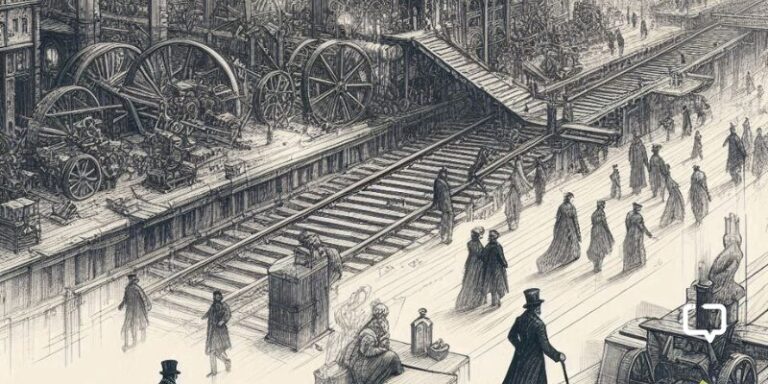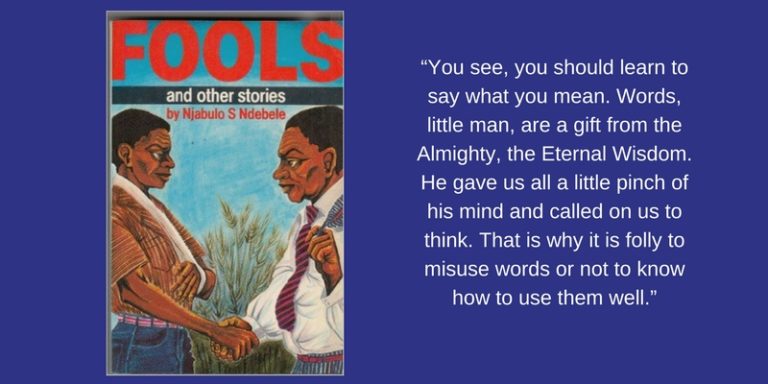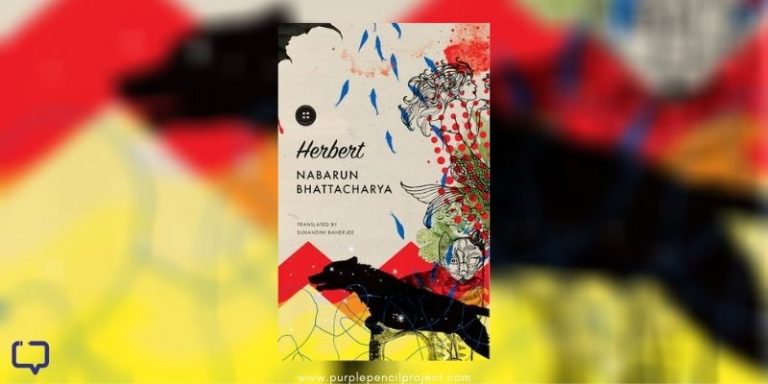The Purple Pencil Project started its first book club in July, aimed at reading through the books of one Indian author chronologically. This aim is intentional, as we seek to understand an author better while reading them through months and, hopefully, chart the evolution in their storytelling style. We started with Vinod Kumar Shukla, and this meeting was for his third book, Khilega To Dekhenge (translated in English by Satti Khanna as Once It Flowers).
There was slightly more electricity this time around, an eagerness to gush about all the emotions this novel evoked and the opinions on its various aspects. This is what good books do to you, and this is why collective reading can be more than a sum of individual rich experiences.
Discussion on the Novel’s Structure
We started by talking about how Khilega To Dekhenge/ Once It Flowers felt complete, almost Sisyphean, with the boulder rolling to the peak and falling back in the climax, leading to a satisfying conclusion. It led to a discussion of whether this novel had a plot or if it was plotless like Shukla’s works usually are.
One argument was that Khilega To Dekhenge/ Once It Flowers had a distinct initiation, a chronological sequence of events, a source of conflict, and an eventual conclusion, thus following the Greek narrative structure. The other argument was that the novel might have an overarching plot, but the author’s intentionality and the directionality of the scenes didn’t carry that sensibility (of leading in, or to, a certain direction).
Vinod Kumar Shukla’s Writing Process
Vinod Kumar Shukla has mentioned multiple times in interviews how he doesn’t know broadly what he’s writing about. He sits down to write and ends a story when he feels like not writing anymore. Despite that, it was astonishing how none of the things in Khilega To Dekhenge/ Once It Flowers were there for the sake of it, as there would be some connection or callback in the later parts of the story, tying it all as a cohesive whole.
Our conversation then went on a beautiful tangent on the intentionality of naming the characters in this novel.
Intentionality in Character Naming
There’s Munna and Munni for the two kids (thousands of kids are called by those pet names across the country, particularly in the north-western and central regions of India) and Jivrakhan (a grocer who’s joked to hold the lives of those in the village, jivrakhan in Hindi literally meaning to keep life). There’s Badgaon (literally meaning a big village), the larger and more economically prosperous village from the perspective of our characters, and so on. These are names, while carrying meaning of their own, devoid of context, that fit perfectly in the setting of Shukla’s stories.
Translation and the Role of Language

Our discussion also touched on the topic of the translation of the novel (Once It Flowers) by Satti Khanna and whether familiarity with English as a language made the reading journey faster or took away from the slow, deliberate pace of the original Hindi. There’s no doubt that language shapes and affects the dimensionalities of our experiences, and the discussion around translations, from that lens, was thought-provoking.
Portrayal of Women Characters
We talked about the women written by Shukla, then, and how, while existing within the patriarchal setups, they are fleshed-out individuals with desires and quirks of their own. Unlike many other male writers, his women aren’t tools or backdrops but people born out of observations. Moreover, the relationships between Guruji, our protagonist, and his wife were delicately portrayed with ample moments of intimacy born out of years of shared understanding.
Recommended Reading: The Relevance and Benefits of Reading in the 21st Century
Elements of Magical Realism
There are little elements of magical realism spread throughout the book and our discussion inevitably went in that direction after a while. Whether it was the overarching magical sensibility of the story or little quasi-escapist scenes, as imaginary as they were real, Khilega To Dekhenge/ Once It Flowers, there were plenty of fantastical elements in the story. Moreover, our discussion veered off to the point of what constitutes magic and how the definition can vary from region to region, experience to experience. In the same way Salman Rushdie’s “magic” is influenced by his experiences and upbringing, Vinod Kumar Shukla’s “magic,” too, reflects his life and surroundings.
Satire and Observation of Indian Mentality in Khilega To Dekhenge/ Once It Flowers

Of course, we couldn’t not talk about the brilliance with which Shukla observes and satirises the “Indian” mentality, a discussion that brought out many fond memories and chuckles. A scene in Khilega To Dekhenge/ Once It Flowers has a police constable painting a wooden stick in the form of a gun to protect his house. In another, sepoys aim their wooden guns in a parade and make the gunshot sound themselves. All except one, that is. When everyone gathers around him, he shows that his wooden gun doesn’t have a trigger. A new gun is brought, and now he shouts with everyone as well.
In yet another scene, the entire village is searching door to door for a ticking clock sound, during which not even the picture of a clock is spared. Then there are certain evocative lines that we discussed were distinct from how we perceived our days. For instance, a paragraph observes the sudden onslaught of darkness after a long, sparse period of “evening” and daylight. These observations and experiences are often different from our urban, compartmentalised, indoor lifestyles, no?
That was another point of our discussion, namely the ease with which Vinod Kumar Shukla observes Indian villages and their identity in all its shades and colours.
Recommended Reading: A Comprehensive List of 112 Women Translators in India
Lessons for Writers
Ultimately, we came to the last point of our discussion of Khilega To Dekhenge/ Once It Flowers: what we took (or could take) from the book as someone who writes (or tries to) themselves. One point was how we should be honest about what’s magical to us. For one, it could be wanting to settle in New York and travel and experience as much of variety in life as possible. For another, it might mean observing the life around you with all its tiny details and minuteness, finding the extraordinary in the ordinary. The important thing is to be honest to yourself and what’s important to you, not giving in to the fashions of the times.
Another point was the observational nature of Vinod Kumar Shukla’s writing and how he observes things our conscious minds often don’t capture and things we take for granted or ignore altogether. It’s a practice that we can all learn from and imbibe in our daily lives.
Conclusion
Like our previous conversations, the discussion on Khilega To Dekhenge (or Once It Flowers) made us further appreciate Vinod Kumar Shukla’s writing and sensibility. Moreover, it made us look even more forward to the remaining novels of Vinod Kumar Shukla:
- दीवार में एक खिड़की रहती थी (A Window Lived in the Wall, October)
- एक चुप्पी जगह (A Silent Place, November)
- हरी घास की छप्पर वाली झोपडी और बौना पहाड़ (Moonrise From the Green Grass Roof, December)
- यासि रासा त (The Windows In Our House Are Little Doors, January).
To read or discuss any of these books with us, join our book club today!



















